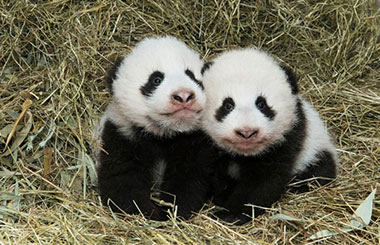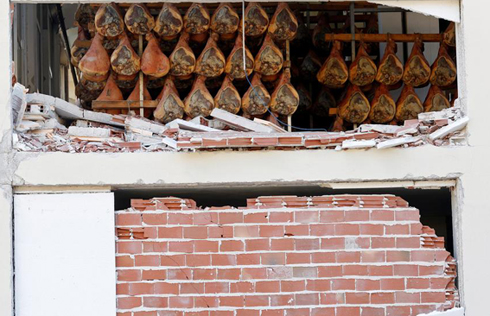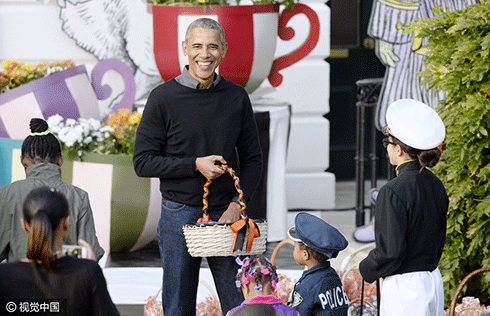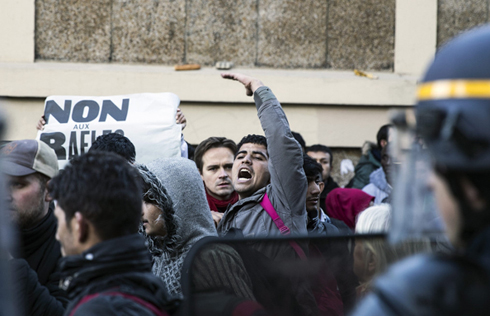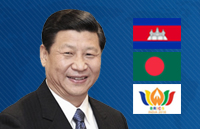China not 'Cold War adversary': US official
Senior US officials are using more positive tones to describe US-China relations a little more than two months before President Barack Obama leaves the Oval Office.
Assistant Secretary of State Daniel Russel on Thursday would not confirm if there has been an instruction from the White House to the Pentagon and others last month not to describe US-China relations as a "great power competition" because that suggests the two countries are on a collision course.
He said he had not seen the document. "However, I do know that it is not the policy of the United States and it is not the belief of President Obama that we should treat China as a Cold War adversary," Russel told a briefing at the Foreign Press Center after a recent trip that took him to the Philippines, Thailand and Cambodia.
He admitted that the two countries have profound differences in some important areas and there are differences in strategic objectives and perspectives on issues such as human rights and tactics of how to achieve peaceful denuclearization of the Korean Peninsula.
He emphasized that Obama has been determined to engage China in a "direct, open, candid, honest dialogue" and "that solves problems where we can solve problems, that narrows differences where we can't solve them and that manages difference where we can't narrow them.
"And I think that sustained effort has put a strong foundation under the relationship that can absorb a great deal of stress and does. And that's a good thing," said Russel, who has worked in the Obama administration since 2009, first as White House special assistant to the president and National Security Council senior director for Asian affairs before taking his current job in 2013.
He described the meeting on Tuesday in New York between Chinese State Councilor Yang Jiechi and US National Security Advisor Susan Rice and Secretary of State John Kerry as part of a rich set of high-level consultations between the two countries and the importance the two countries placed on expanding areas of cooperation and addressing areas of differences.
The North Korea nuclear issue featured prominently in the talk, according to Russel.
The veteran US diplomat was bombarded with questions about the warming relations between China and some Southeast Asian nations, in particular the Philippines and Malaysia.
Philippine President Rodrigo Duterte visited Beijing last month to improve ties that were strained under his predecessor Benigno Aquino III. Duterte also has talked about distancing his country from the US on foreign policy decisions and the US troop presence.
In Beijing on Thursday, President Xi Jinping met with Malaysian Prime Minister Najib Razak and Razak invited Xi to visit his country again.
Late last month, three PLA Navy ships made a five-day port call to Cam Ranh Bay in Vietnam to strengthen military-to-military ties between the two neighbors.
"The very idea that third country cooperation with China is somehow a bad thing to the United States is ridiculous," Russel said.
"The notion that the US and China in the Asia-Pacific region are engaged in some sort of strategic rivalry, some sort of great games is wrong," he said.
In the past, US diplomats often have portrayed China as an actor destabilizing the region that should be held responsible for the tension in the South China Sea. Chinese have blamed the US for the problems in the region.
On Thursday, Russel and other State Department officials joined Kerry in the swearing-in of the new US ambassador to the Philippines Sung Kim. Kim was the previous US special envoy to the Six-Party Talks and former US ambassador to South Korea.




